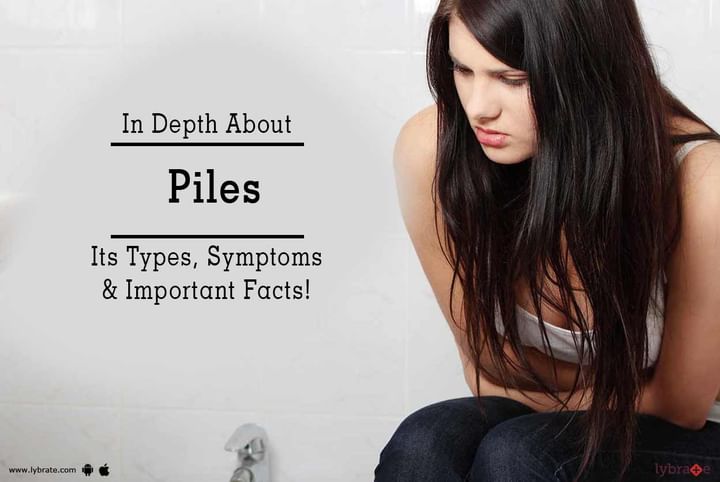In Depth About Piles, Its Types, Symptoms & Important Facts!
Hemorrhoidal diseases (also known as hemorrhoids and piles) are swollen veins in the walls of the anus and sometimes around the lower rectum. They may be termed as internal or external depending upon the anatomical position of origin.
Fast facts on hemorrhoids
-
Pregnant women are more likely to suffer.
-
The likelihood of developing hemorrhoids increases with the advancement of age.
-
Regular physical exercise and healthy food habits can prevent hemorrhoids.
-
Medicines and surgery are needed to treat hemorrhoids depending on their clinical condition.
What causes hemorrhoids?
-
Low fiber diet does not form the bulk of the stool. This causes a person to strain while passing stool. Long-standing straining increases the pressure within the local blood vessels.
-
Pregnancy-associated hemorrhoids are likely due to the increased pressure of the enlarged uterus on the rectum and anus.
-
Prolonged sitting on the western toilet.
-
Long-standing diarrhea.
-
Advancement of age.
-
Previous rectal surgery.
-
Spinal cord injury
-
Overuse of stool softeners.
-
Straining during micturition.
What are Internal and External Piles?
Internal piles normally lie inside the rectum. You usually can't see or feel these piles. They rarely cause discomfort. But long-standing straining during passing stool causes it to bleed and can push them through the anal opening. Internal piles are having four grades like grade 1 to grade 4.
External hemorrhoids are present under the skin around your anus. When irritated, external piles can itch or bleed.
Thrombosed hemorrhoids: Sometimes blood may pool in an external pile and form a clot that can result in severe pain, swelling, inflammation and a hard lump near the anus. Prolapsed, strangulated and inflamed piles are surgical emergencies and need immediate treatment.
What are the symptoms of hemorrhoids?
-
Painless rectal bleeding.
-
Swelling in and around the anus.
-
Soft mass coming out of the anus during passing stool.
-
Anal itching
-
Mucus discharge.
-
Sometimes the swellings are inflamed causing severe pain.



+1.svg)
